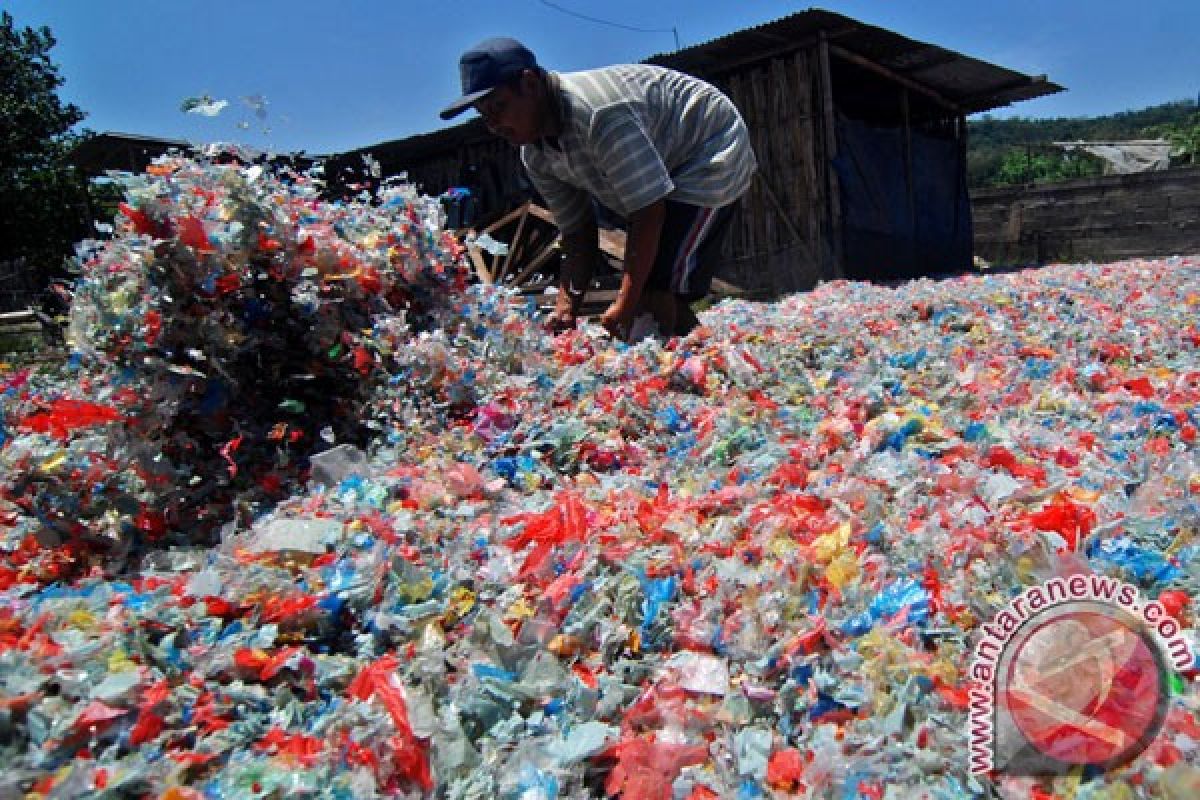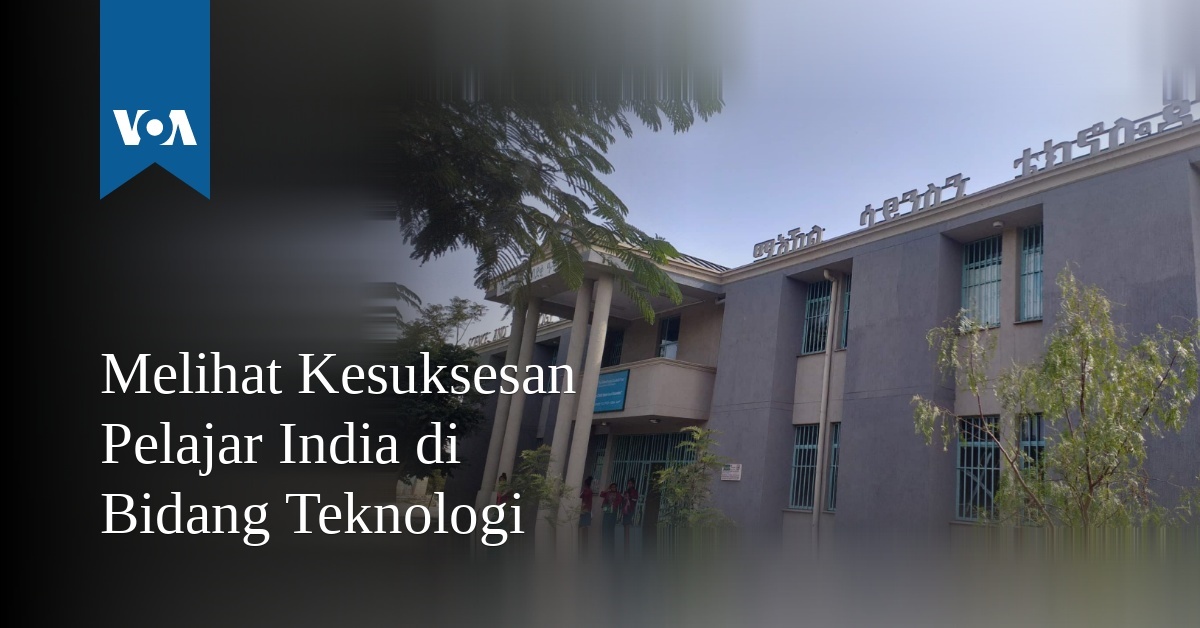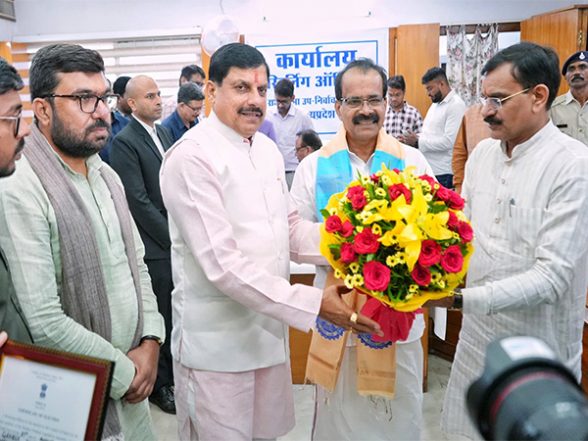Jakarta (ANTARA News) – The Coordinating Ministry of Maritime Affairs is studying the recycling of plastic waste in India which can be transformed into plastic tar roads or plastic highways.
Deputy Deputy for Maritime Affairs for Science and Technology at the Coordinating Ministry of Maritime Affairs Nani Hendiarti said in a press release in Jakarta on Saturday that he and a number of delegations visited the inventor of plastic tar road, Prof. R. Vasudevan, at Thiagarajar College of Engineering in India from March 7 to 10.
In 2006, Thiagarajar College of Engineering received a patent for plastic tar road technology, as the tar formulation used used plastic with a composition of 10 to 18 plastics per 1 liter of tar.
The amount of plastic used is estimated at 50 tonnes per kilometer of road and it is suspected that this could be an option to use plastic that cannot be recycled.
“The process is simple: plastic waste is crushed and melted into hot asphalt. The process uses all types of plastic waste that cannot be recycled. This process is economical, as it saves 6.5% of roads that are usually made of pure asphalt. This road has a sustainability side “which lasts longer (simple maintenance) and has a positive impact on the environment thanks to recycling technology which is considered safe”, he explained.
The Coordinating Ministry of Maritime Affairs, through Presidential Instruction Number 12 of 2016 regarding the National Mental Revolution Movement, was appointed by the President to be the coordinator of the Clean Indonesia Movement.
This is why the Coordinating Minister for Maritime Affairs, Luhut Binsar Panjaitan, has repeatedly warned of the dangers of plastic waste.
Additionally, Indonesia has a problem with the management of plastic waste, the majority of which is destroyed through incineration.
Indeed, the process of destroying plastic waste by combustion will produce carcinogenic residues that are dangerous to health.
The Coordinating Ministry of Maritime Affairs is expected to implement this technology in the near future.
The ministry will collaborate with the Ministry of Public Works and Public Housing, Bandung Institute of Technology and the Agency for the Study and Application of Technology (BPPT).
This partnership is necessary to monitor the implementation of plastic highways, technology transfer including the implementation of demonstration projects.
Regarding regulations, waste data, cooperation agreements and memorandums of understanding, the Ministry of Environment and Forestry and the Ministry of Foreign Affairs will participate.

“Zombie geek. Beer trailblazer. Avid bacon advocate. Extreme introvert. Unapologetic food evangelist. Internet lover. Twitter nerd.”





